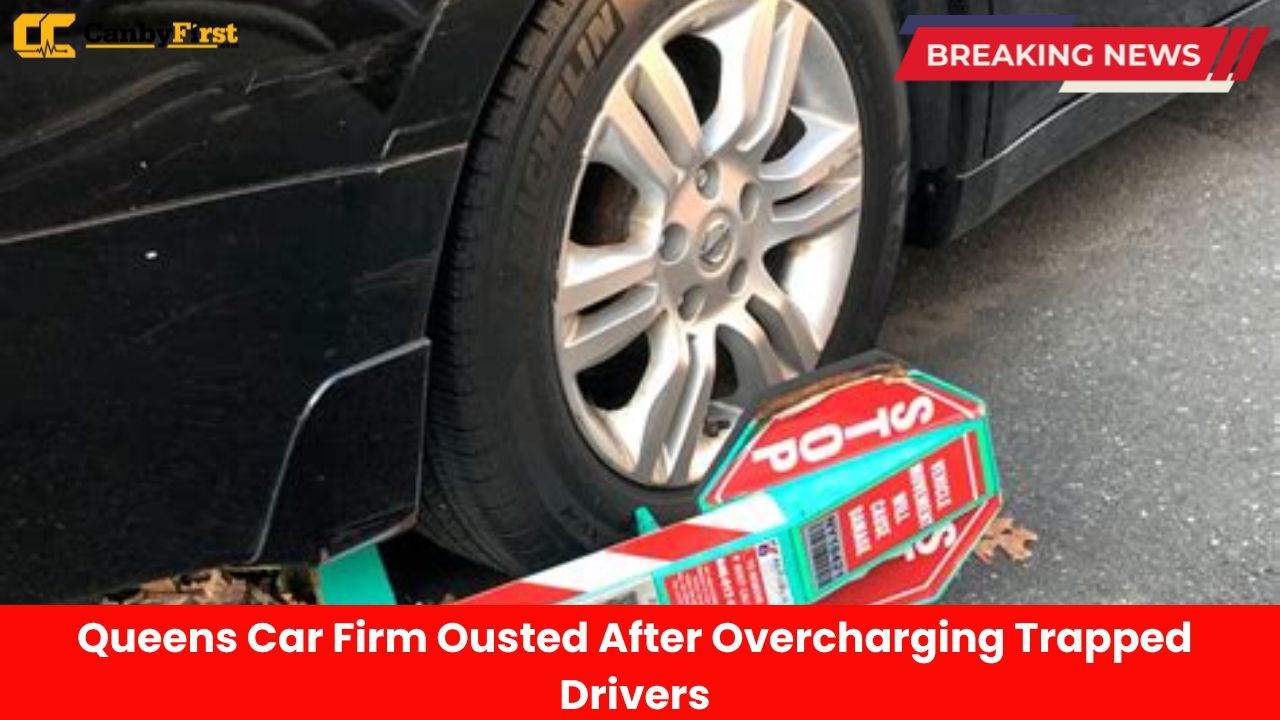New York, US:A transportation company based in Queens has been stripped of its operating permit after state investigators discovered it had been systematically overcharging drivers who were locked into restrictive service contracts. The move marks one of the most aggressive enforcement actions by the New York City Taxi and Limousine Commission this year, signaling a tougher stance against companies exploiting gig workers and contract drivers.
Probe Sparks Action
The investigation began several months ago after multiple drivers filed complaints accusing the company of imposing unfair fees, false repair charges, and unexplained penalties on leased vehicles. Officials from the Taxi and Limousine Commission confirmed that these drivers were effectively trapped in predatory leases that left them earning far below minimum wage even after long work hours.
According to city regulators, the Queens-based firm had been inflating maintenance costs and fuel deductions while also withholding deposits and bonuses. Some drivers described being threatened with vehicle repossession if they questioned company bills or attempted to exit contracts early.
Also Read
Drivers Speak Out
Dozens of drivers protested outside the company’s office earlier this month demanding refunds and accountability. Many of them were immigrant workers who said they had few other employment options and took on leases believing they could eventually buy their cars. Instead, they found themselves caught in a cycle of debt and dependency.
One driver said he was charged several hundred dollars for weekly “inspection fees” that were never actually conducted. Others reported paying for insurance that was later discovered to be inactive. These practices, according to drivers, left them vulnerable both financially and legally while trying to make a living on city streets.
City Leaders Condemn the Scheme
Mayor Eric Adams praised the commission’s swift action to revoke the company’s license, stating that the administration will not tolerate the exploitation of working-class New Yorkers struggling to support their families. Taxi Commissioner David Do emphasized that the case reflects a broader pattern of wage theft and financial abuse in the city’s private transportation sector.
Officials said several other companies are now under review for similar violations. The Commission has also announced new guidelines requiring more transparency in leasing agreements and driver pay structures.
A Warning for the Industry
Experts say the crackdown on the Queens company serves as a warning to all fleet operators and leasing firms across New York. The message is clear: misleading drivers or manipulating contracts can result in severe penalties, including permanent license revocation.
Labor advocates are urging the city to continue auditing companies involved in driver leasing and gig-economy vehicle rentals. They argue that while some progress has been made since the ride-share boom began, many operators still use complicated contracts to divert profits from frontline drivers.
Future Reforms and Driver Relief
The Taxi and Limousine Commission has promised to work with union representatives and driver advocacy groups to establish a restitution plan. The goal is to reimburse affected workers for excessive charges and provide them with better access to affordable leasing options.
City Council members have proposed a new bill requiring all leasing contracts to be reviewed and approved by the Commission before drivers sign them. The bill also aims to limit recurring fees and ensure that drivers retain the right to withdraw from contracts without severe financial loss.
If enacted, the legislation could become one of the most ambitious regulatory reforms targeting the city’s taxi and rideshare economy in years. For thousands of drivers across New York, it might also signal the beginning of fairer and more transparent working conditions.
Conclusion
After years of unchecked exploitation, the downfall of the Queens company has brought renewed hope to drivers who have long felt powerless. City officials have pledged to continue monitoring the sector closely to prevent similar abuses in the future. For many New Yorkers, this case stands as a reminder that fairness on the road begins with justice behind the wheel.











